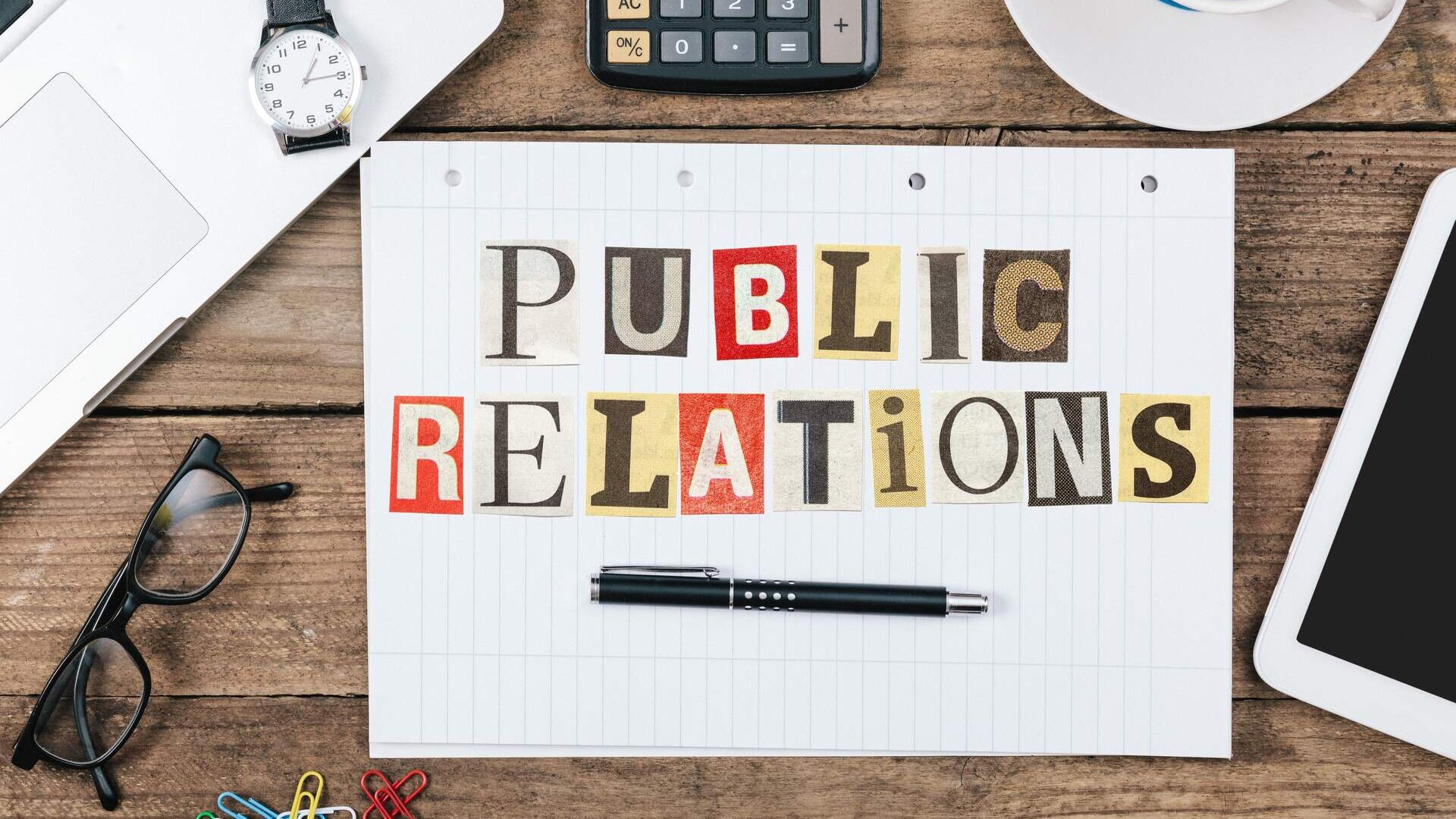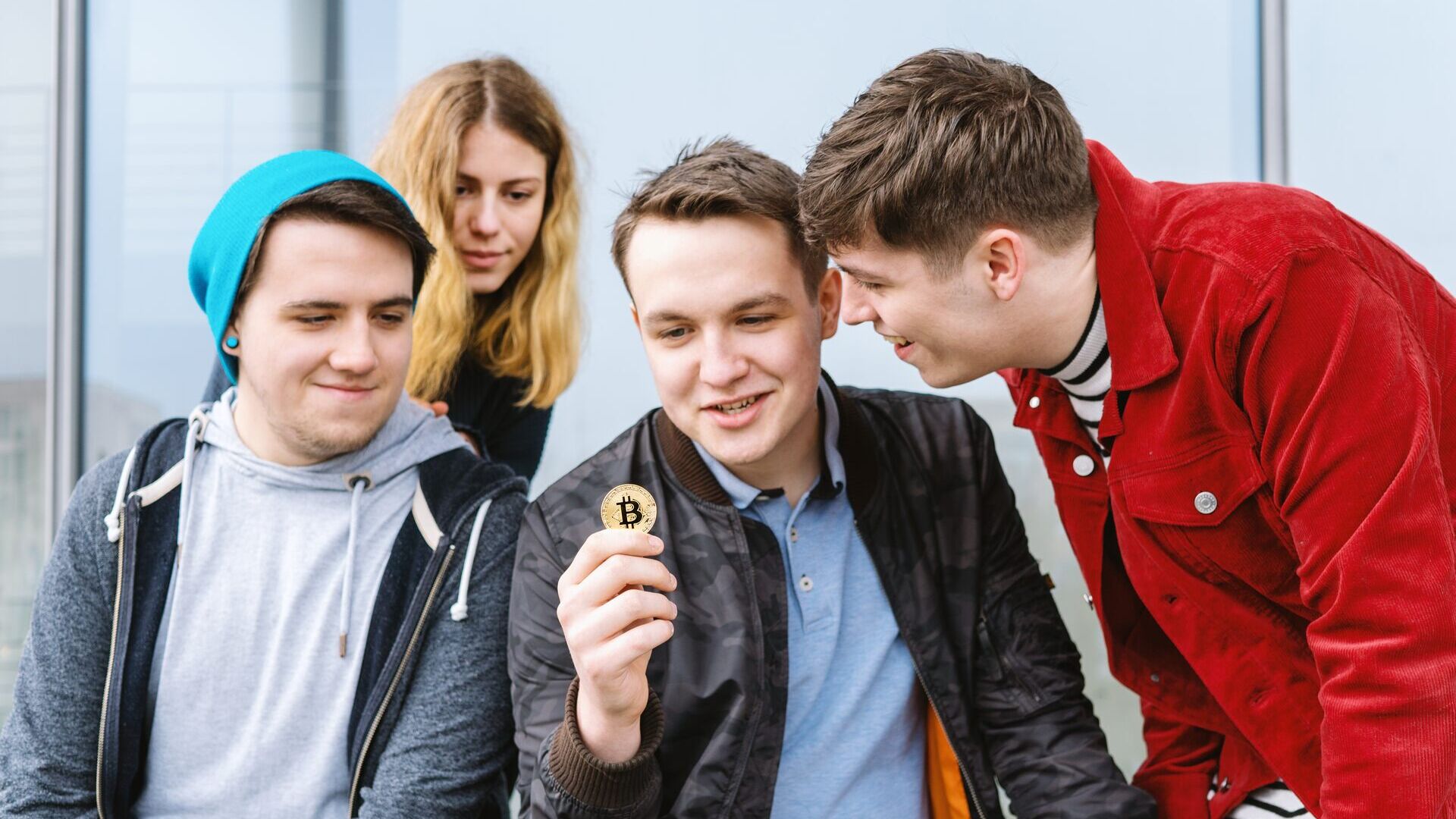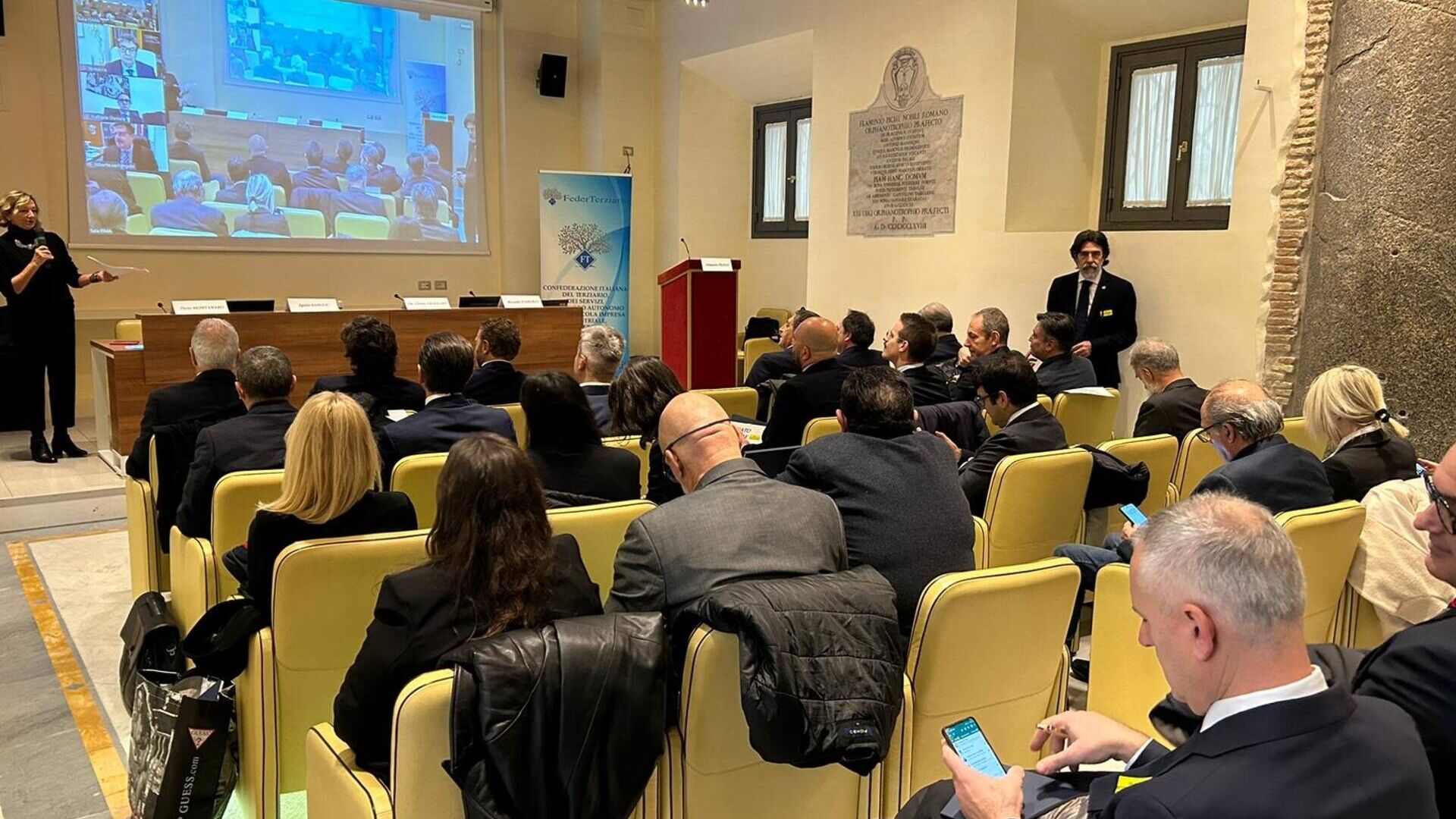What drives millions of people to use i every day social networks considering them a space now taken for granted in one's daily life? Why do many hot topics of recent public debate revolve around online life - from digital narcissism to the loss of privacy - and its relationship of continuity with offline life? In the presentation article of this new focus dedicated to social media we have introduced some questions of urgent relevance.
I social media after all they have conditioned numerous aspects of the life of each of us, in private as in public, in politics as in sport, in the present and even more, we are sure, in the very near future. The lockdown and the need for mass control by many countries of the world have brought to light risks that have so far been underestimated or ignored. Therefore, the conditions seem to exist for speak fully of the social era, Or of second life, without necessarily falling into other areas such as artificial intelligence or gaming.
The reality of the facts is before our eyes: we are connected to social media day and night, as young people as adults, at work or when we are busy with other things. But we are really aware of the consequences, positive and negative, that has all this for us, for our children and for our business? According to one important research conducted by the international agency We Are Social and from the platform of social media management Hootsuite, the success of the social networks It is growing. Here are some highlights from this survey:
- Worldwide 3 billion people are active on social media (about 45% of the world population)
- We have on average open profiles on over 7 social platforms
- Within the Facebook ecosystem, the 25-34 age group appears to be the most present, followed by those 35-44 and 45-54
- The most active social platform is YouTube, followed by WhatsApp and Facebook
- Stories are seeing a continuous increase in their engagement and penetration rate across all platforms, growing 15x faster than feed content
Interesting data that allow us to take a picture of the current situation and briefly understand the trends of the moment. But let's try to go one step further and measure the impact of social media on the life of each of us.
When social networks are used (even if you don't want to)
“Digital clusters. Collective storytelling in the age of social media”. “Social media storytelling”. “Anthropology of Social Media. Communicate in the global world". These are just some of the titles that can be found in bookstores or on major virtual stores. Titles that address a thorny issue from various perspectives, because it is difficult to frame and with ramifications as vast as they are deep. Everyone has now expressed their opinion on social networks: philosophers, professors, pedagogues, writers, marketing professionals…
Each has tried to provide its own vision, declining it as it is natural and inevitable that it is on the basis of one's own interests and experience. There are those who, with a psychological approach, have highlighted the narcissistic mechanisms and those who instead, from a point of view focused on marketing, have underlined the advantages of being connected 24 hours a day, building their own public community. What is undeniable is that we cannot limit ourselves to a shrug of the shoulders: "ah, I don't have Facebook", or "my son doesn't have a cell phone yet, so he's safe".
If we go beyond these false consolations, we realize that society itself has become social, and that in every segment of our experience we happen, willingly or unwillingly, to have to do with this multifaceted narration (and representation). Here are some scenarios that have certainly already been experienced by many of us, including those who have no social profile, either on Facebook or elsewhere…
- Reviews or defamation on social media
It sometimes happens, as entrepreneurs or individuals, to be called into question by someone, for example through a review on the Facebook page of the shop or company where you work, or on updates (including photographs) in your personal profile or even on posts within Facebook groups and the like. In these cases you are directly involved and you have to act with extreme timing, even if necessary through legal channels, asking for the removal of the contents if they damage your reputation and dignity.
- Sharing content that belongs to us (in theory)
We attend a party, an event or a public evening, and the next day the photos of our children or other family members end up on the social media of the local newspaper, or maybe video footage of us is used (without our consent) to edit a Youtube video. Well, this is where privacy comes into play once again, with its increasingly blurred and subtle boundaries (now by our own will). What to do? The best approach is always preventive: if we don't want to end up in the stories or profiles of others, we have the first duty to check what is happening around us, authorizing or not the sharing of content that sees us involved.
- Login to services via Facebook account
Not having a personal Facebook profile is sometimes an obstacle even when it comes to accessing digital services or tools. In fact, it happens that the platforms we want to access to listen to music, watch movies, learn a language, etc., ask for a connection with the Facebook account as an access system (hopefully in good faith and not to extrapolate data). Here is the social media, here too, lay down the law and take the form of a method without which there are more limits to sustain.
- Search for information about companies and people
Sometimes it also happens to come across companies or people with a dubious reputation, against which it is necessary to conduct a minimum of preventive investigation. Here that again i social media they can come in handy and offer invaluable help in terms of feedback and "sentiment", a word that precisely indicates the opinion of users around a certain brand (but also applies to individuals).
Populism, narcissism, obsessions, psychology, alienation
As if that weren't enough, nei social media microscopic and macroscopic impulses and interests converge. Of our ego on one side, of governments and politicians on the other. It is becoming increasingly clear that they do not exist social media good or bad: the use we make of these tools determines the creation of a profitable or harmful ecosystem.
We will see in the next episodes how some tools and some expedients, even, if you like, of netiquette, can lead us to a more balanced use of social networks for us and for those around us. If you need more information in relation to your social pages or your company profiles on Youtube, don't forget to contact us without obligation to explain what you would like to achieve. Thanks to our service Branding we can guide you step by step towards the realization of the most ambitious goals, with or without the help of social media. See you soon!
You may also be interested in:
Austria, Germany and Switzerland for "more innovative" cargo railways
DACH Ministers Leonore Gewessler, Volker Wissing and Albert Rösti: the introduction of Digital Automatic Pairing is a key element
by Editorial staff Innovando.NewsEditorial staff of Innovando.News
Persuasion or manipulation? Genesis and historical impact of PR
This is how Public Relations, from the sophistic dialogue of ancient Greece to the current digital era, continues to offer continuous innovation
Young people and cryptocurrencies: how to find out more about Bitcoin…
Introducing kids to digital currencies and Blockchain can be an exciting endeavor, given their affinity for technology and innovation
“The patient at the centre”: a great hope and a meeting in the Senate
The topic of the importance of innovation in medical devices for European healthcare will be explored on 15 May in Rome by experts and politicians
by Alberto NicoliniEditor of districtbiomedicale.it, BioMed News and Radio Pico




